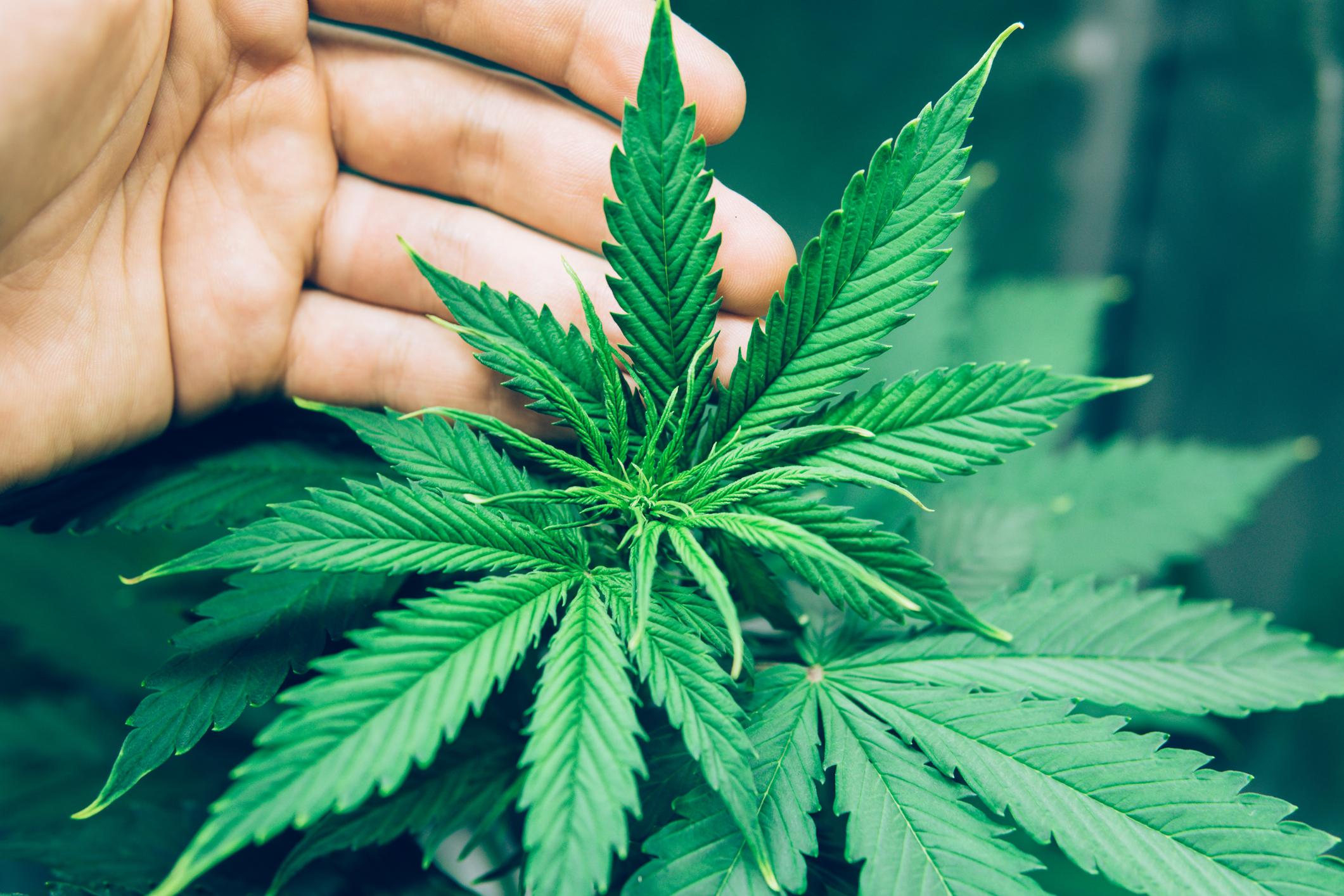A Texas addiction research team has identified frustration as a factor in substance use disorders.

- Conducted with rats, the experiment shows that the experience of frustration can lead to greater consumption of opioids.
- Until then, envy, impulsiveness or habit were considered the main causes of addictions.
So far, addiction research has identified three emotions capable of leading to addiction to psychoactive substances: craving, impulsivity, or habit. A new study published in the journal Psychopharmacology has just identified a fourth: frustration.
According to its authors, researchers at the University of Texas at Galveston (UTMB), this emotion linked to disappointment and anger, which arises when one cannot achieve a goal or satisfy a desire, can also lead to an escalation in drug use and thus cause addiction.
A typical reaction to frustration
To study the role frustration plays in drug use, the researchers studied the behavior of rats, which they trained to press a lever for a sucrose pellet or an intravenous infusion of a synthetic opioid, fentanyl, the use of which is considered a serious public health problem in the United States.
“An example of frustrating behavior is when someone can’t change the channel on their TV or when an elevator takes too long to arrive. People often respond to both of these situations by pressing the button repeatedly. times or holding it longer with repeated attempts. This typical human reaction to frustration is the same in rats.”explains Dr. Thomas A. Green, from the UTMB’s Pharmacology and Toxicology Department.
In effect, “when they did not get what they expected, the rats pressed the lever more frequently and for longer periods of time”continues Dr. Green.
Double the consumption of fentanyl
According to Tileena Vasquez, doctoral student in the department of pharmacology and toxicology at the UTMB and lead author of the article, this feeling of frustration has led to addiction in some rats. All of them pulled a lever to get intravenous infusions of fentanyl, and about 10% of them went as far as doubling their intake of that of an average rat. These rats in particular showed more frustration, in some cases pressing the lever for up to ten minutes to get more drugs. And this, even if pressing the lever longer does not increase the amount of drug delivered.
According to Dr. Vasquez, even though they take as much fentanyl as their bodies can handle, these rats are frustrated that they aren’t getting enough of the drug to satisfy them.
In particular, this work could help scientists better understand how frustration, as well as craving, impulsivity and habit, can lead to an escalation in opioid consumption.

.















